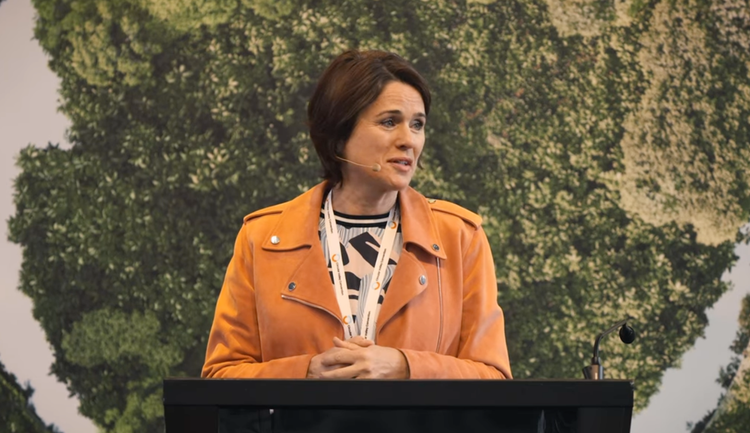EFRAG outlines plans to cut ESRS data points by 50%

EFRAG has outlined its plan to “drastically cut” data points required in the European Sustainability Reporting Standards (ESRS) in an Omnibus-related update.
The European Financial Reporting Advisory Group (EFRAG) is the organisation that developed the standards EU companies are meant to use to produce Corporate Sustainability Reporting Directive (CSRD)-compliant reports.
With more than 1,100 disclosures included in the first version of the ESRS, many in the sustainability world were concerned about the reporting burden the directive would create. Now, with the European Commission’s Omnibus initiative to simplify sustainability compliance in the EU, EFRAG has been asked to “deliver swiftly on the simplification and streamlining of the ESRS”.
In an update published today (June 20), the organisation laid out proposed amendments that would cut the number of ESRS data points by 50% “while preserving the integrity of the core objectives of the CSRD”.
Five simplification levers
EFRAG has identified five levers to reduce the reporting burden on companies: simplifying and clarifying double materiality assessment requirements; improving readability and conciseness by introducing some flexibility around how data points should be presented; reducing the number of minimum disclosure requirements (MDRs) in topical standards (while maintaining cross-cutting MDRs in general disclosures); improving standards accessibility and clarity; and addressing other suggested measures.
“Preliminary indications based on the current status of discussions and still subject to change until the final decisions, suggest that the activation of the levers described above and the systematic review performed are expected to achieve a substantial reduction in the number of datapoints while preserving the integrity of the core objectives of the CSRD,” the group says in the update.
Positive reactions among sustainability reporting professionals
The update was generally welcomed by the sustainability reporting community, with one practitioner saying “clearer, more focused sustainability reports are far more valuable than lengthy, box-ticking documents”.
Martina Pelella, Sustainability Manager at Deloitte Italy, commented: “This is a crucial step toward making sustainability reporting more accessible and actionable, especially for SMEs and resource-constrained companies. At the same time, it will represent a significant challenge for both consultants and businesses involved in adapting reporting systems, materiality assessments, and data governance to meet evolving requirements.”
The amendments were informed by EFRAG’s consultation with more than 820 stakeholders and 41 one-on-one interviews with reporting companies, as well as workshops and benchmarking analysis.







Member discussion